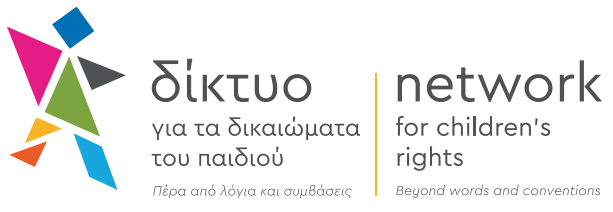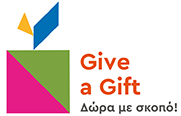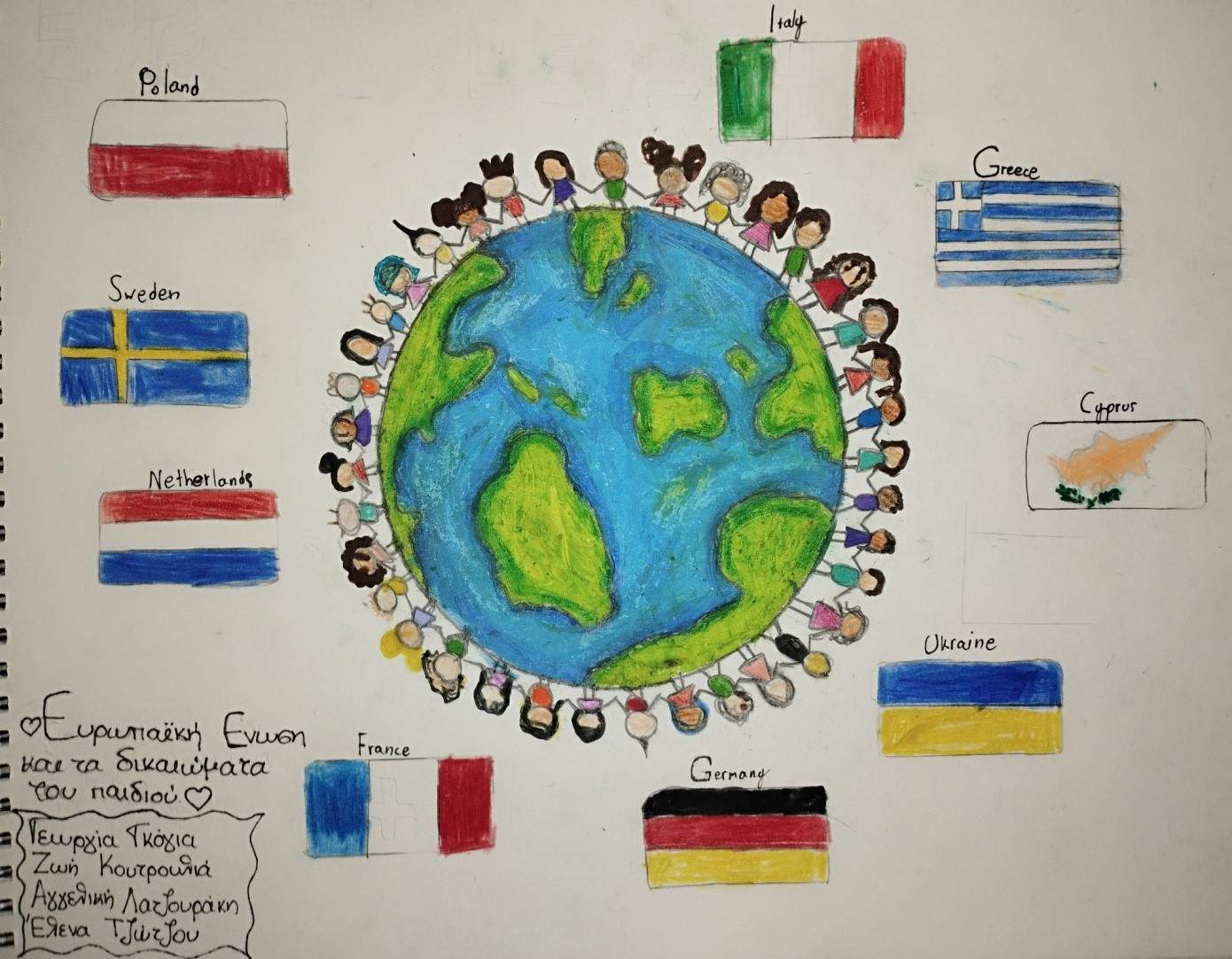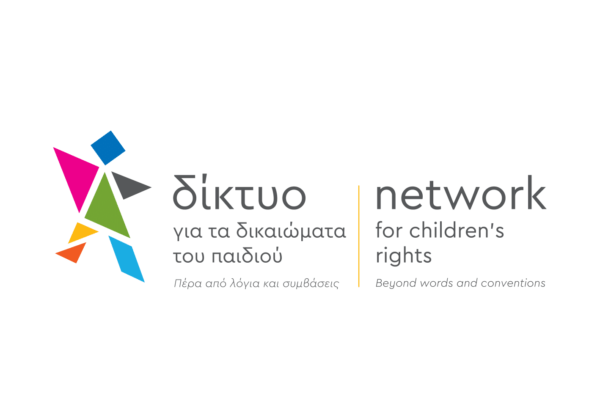Elena T., Zoi K., Georgia G., Aggeliki L.
This article is based on the New York Convention on the Rights of the Child, which was signed on November 20, 1989 and has been ratified by all member states. The Contracting States must ensure the implementation of these rights, in accordance with their national legislation and with the obligations imposed on them by the applicable international treaties in this field. The protection of children and the promotion of their rights is a primary goal for the EU as well. In Greece, a body that oversees Children’s Rights is the Ombudsperson. According to the international convention of the child, the four fundamental principles are as follows:
- The principle of non-discrimination
- The principle of the best interest of the child (the best interest of the child must be taken into account first in all decisions affecting him)
- The right to life, survival, development and protection
- The child’s right to participate and freedom of opinion on all issues that concern him
Children are rights holders and not objects of protection, they are entitled to the same basic rights and freedoms as all adults. They have the right to the protection and care required for their well-being. They can express their opinion freely. Their opinion on matters concerning them is taken into account in accordance with their age and maturity. In conclusion, children should acquire rights and participate in community projects.
Furthermore, every child shall have, without any distinction as to race, colour, sex, language, religion, national or social origin, property or birth, the right to such measures of protection as are required by their status as a minor, by the family, society and the State. Every child has the right to regularly maintain personal relationships and direct contact with both of their parents, unless this is contrary to their interest.
In many parts of the world, the violation of Children’s Rights is an unfortunate but common occurrence. Although we live in a civilized world with enormous economic and technological development, with the humanities contributing to the understanding and acceptance of the individual’s diversity and the normalization of human inequalities, despite the assistance of state governments and the assistance of international humanitarian organizations the children’s rights are violated in various countries. This happens because of poverty, wars and the special living conditions of the peoples of different countries. Children in many countries are forced from a very young age to help their families with household chores or to work in inhumane conditions. Some children, for example in Thailand, die from lack of food and medicine, and often from torture. We must also not forget that children are the innocent victims of wars.
In conclusion, we should emphasize the importance of defending children’s rights for the future of all humanity. It is necessary for all countries to respect and defend the rights of the child, so that we live in a better and happier society, without wars, hunger, inequalities and social discrimination. We must not forget that children are the hope for a better tomorrow.
*The image was created by the students: Elena T., Zoi K., Georgia G., Aggeliki L.
The article was created as part of the CERV project Efivos in Europe
Disclaimer The European Commission’s support for the production of this publication does not constitute an endorsement of the contents, which reflect the views only of the authors, and the Commission cannot be held responsible for any use which may be made of the information contained therein.
The EFIVOS II program is funded by the European Commission (CERV), with partners Network Children’s Rights (Greece), CIP (Cyprus), HESED (Bulgaria), GEYC (Romania), Dedalus (Italy), Pacto Verde (Spain), Crossing Borders (Denmark).





